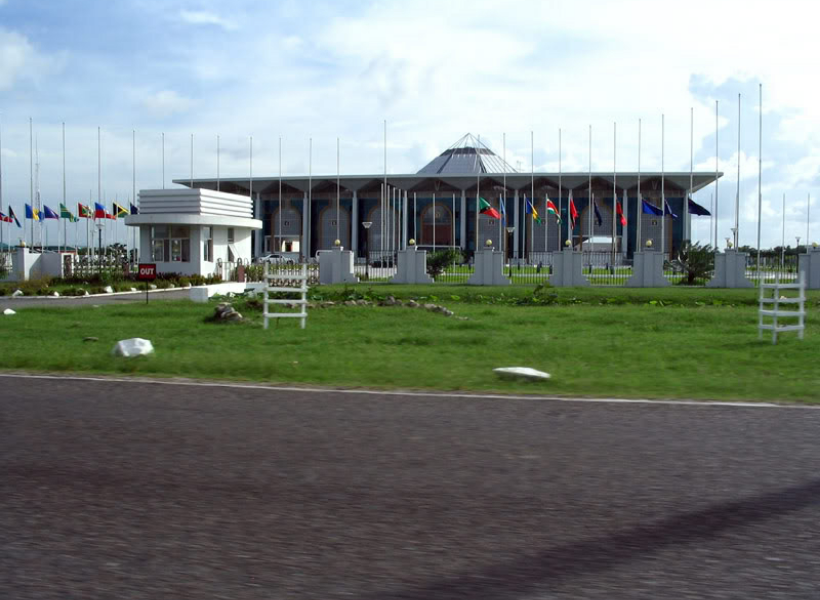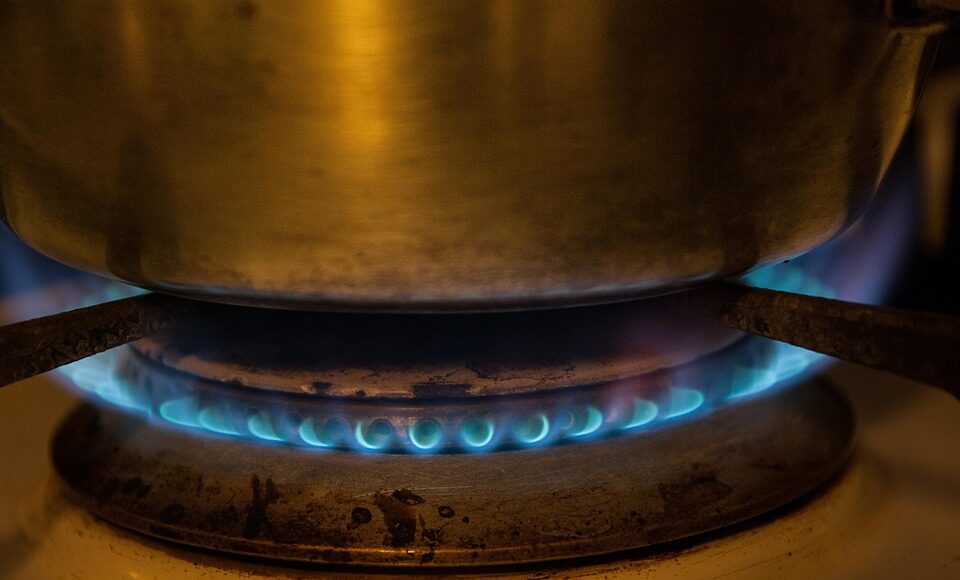Government’s efforts to subsidise fuel imports have resulted in Guyana recording the lowest cost for gasoline in the Caribbean as of July. This was highlighted by Vice President and General Secretary of the People’s Progressive Party/Civic (PPP/C), Dr. Bharrat Jagdeo, at his press conference on Thursday.
He noted that this was due to government reducing excise tax on gas from 50% to 0%, an initiative implemented a few years ago following the global increase in fuel prices.
“We’re subsidizing it, $560 for every gallon of gas or diesel you buy. That’s how it happened,” Jagdeo stated.
Information from the Trinidad and Tobago Energy Chamber shows that gasoline prices vary from country to country in the region, as each nation adopts its own policies for setting the price at the pump, including price regulation, subsidies, and taxes.
The Chamber noted, “In the Caribbean region, the price of gasoline varies significantly from country to country, with the most expensive being more than double the cheapest. The country with the cheapest gasoline in the region in July 2025 is Guyana, while the most expensive is Barbados. Trinidad and Tobago sits in the third position when arranged from cheapest to most expensive.”
For his part, the Vice President noted that the price for gasoline and diesel in Guyana “can even get lower.”
He explained that fuel is imported, but there is a constraint on imports due to the depth of the harbour here. “The size of the vessels that bring in diesel, gasoline, refined products… we are paying between 25 to 35 percent more than we should really pay, and we still have the lowest gasoline in the Caribbean because we pay a premium based on the size of the vessels that have to come in,” he said. As a result, he noted that Guyana has to use multiple vessels.
He said about five months ago, government began exploring the establishment of a storage farm and the building out of infrastructure to allow bigger vessels to import fuel.
“If we have bigger storage capacity, and we can now land bigger vessels, either here in the area that has just been built out at Vreed-en-Hoop, or even keep the vessels offshore and ferry the fuel into these storage vessels,” he explained.
If this is done, he said, gasoline and diesel prices can be cut further. “So we’re looking at that, because we may not have our own refinery, and even if we have our own refinery it may not be the most feasible. So that is something that we are actively exploring,” he noted.











